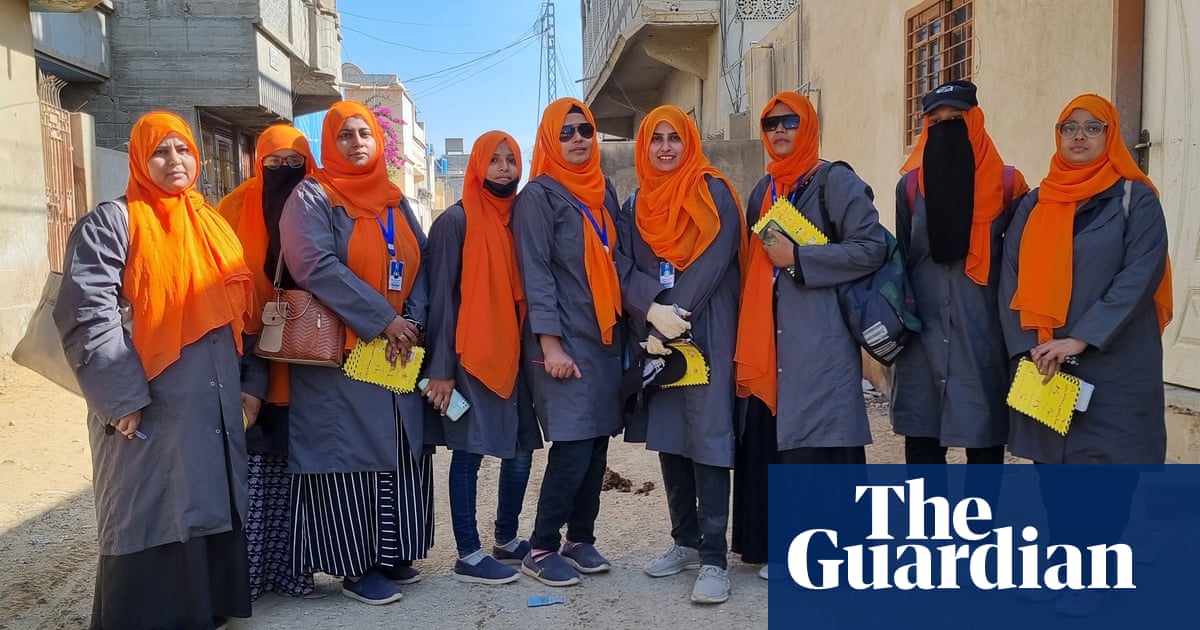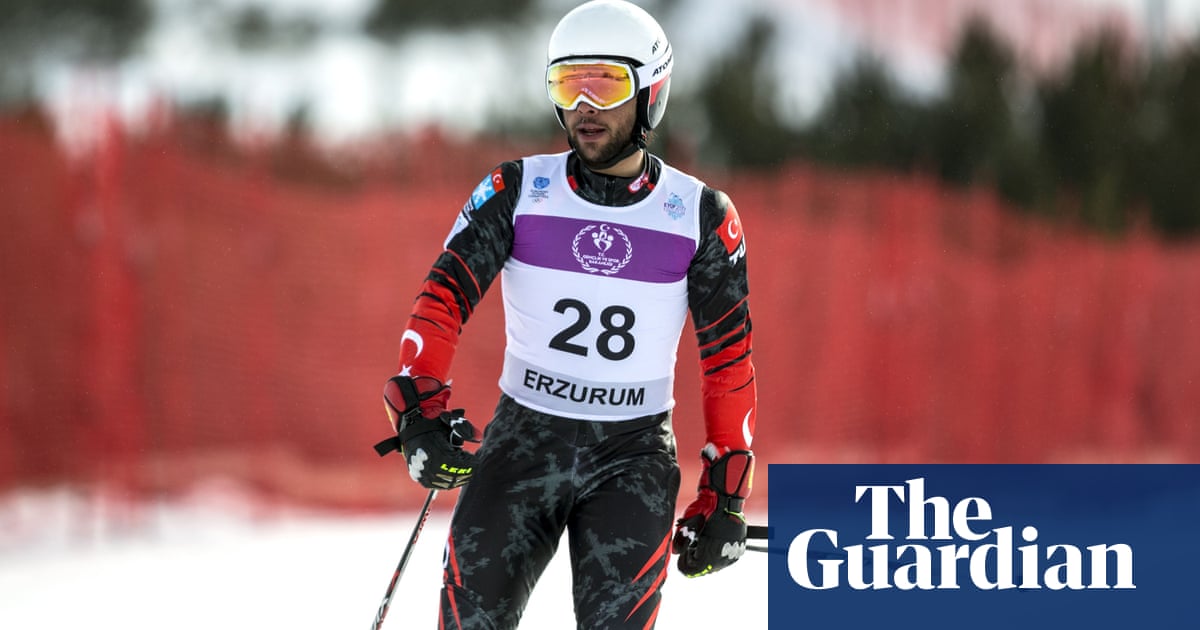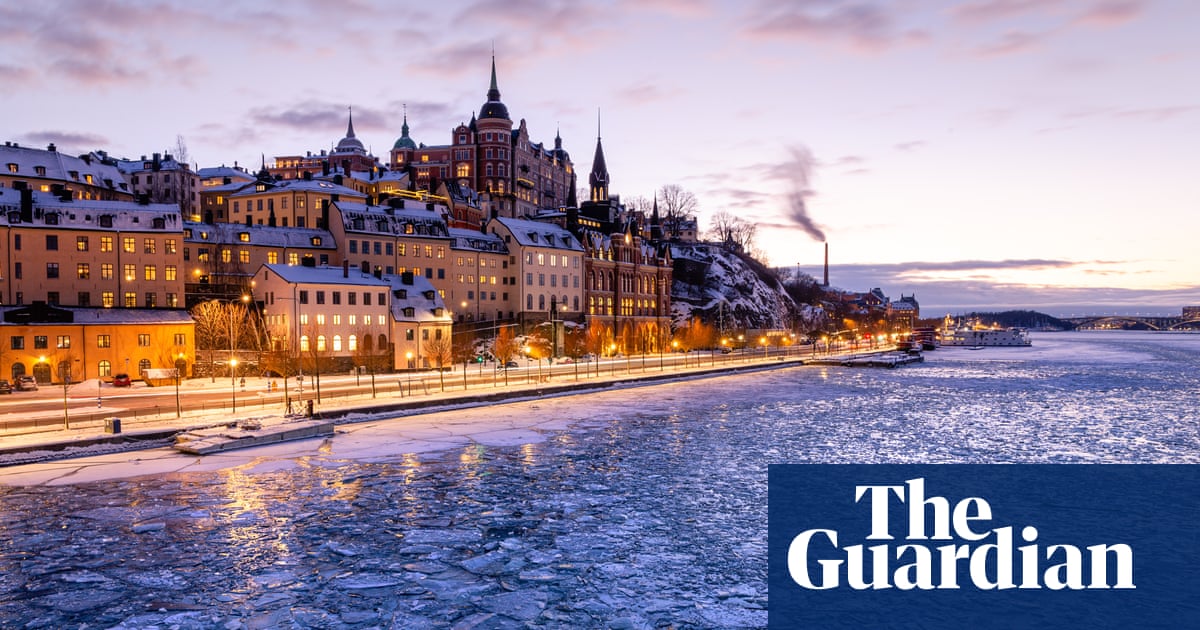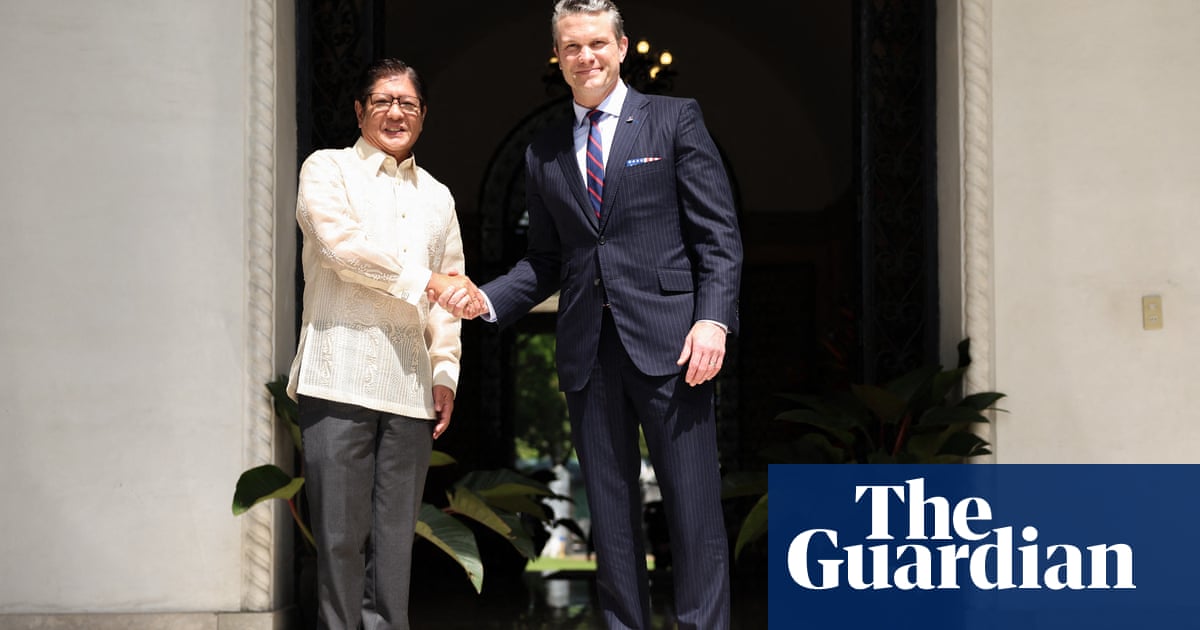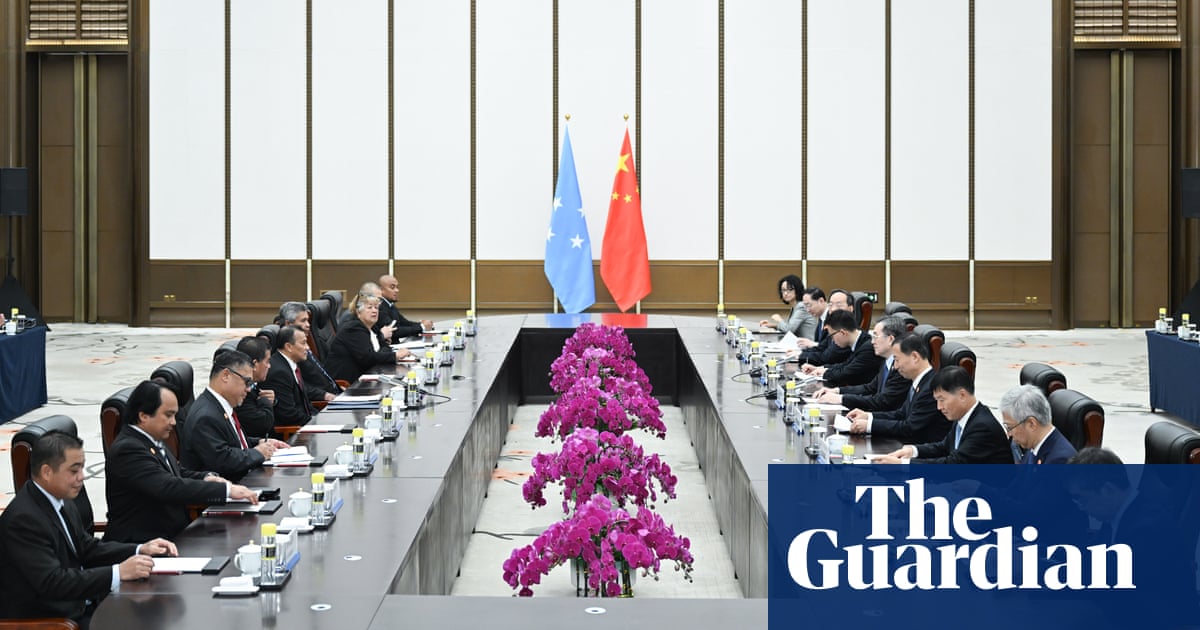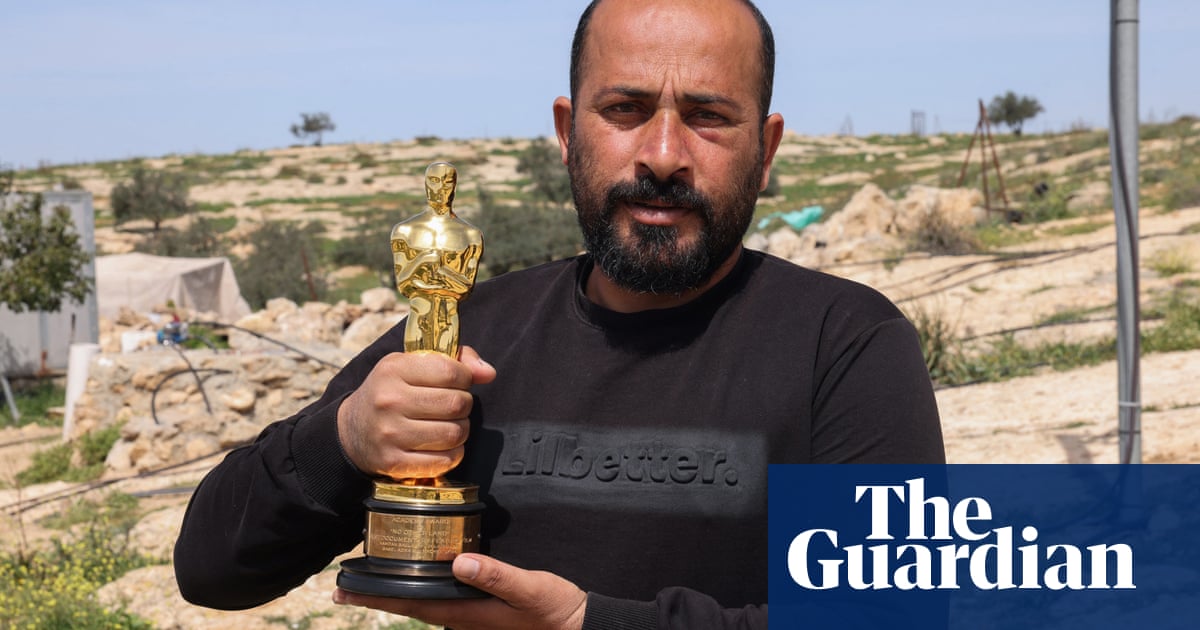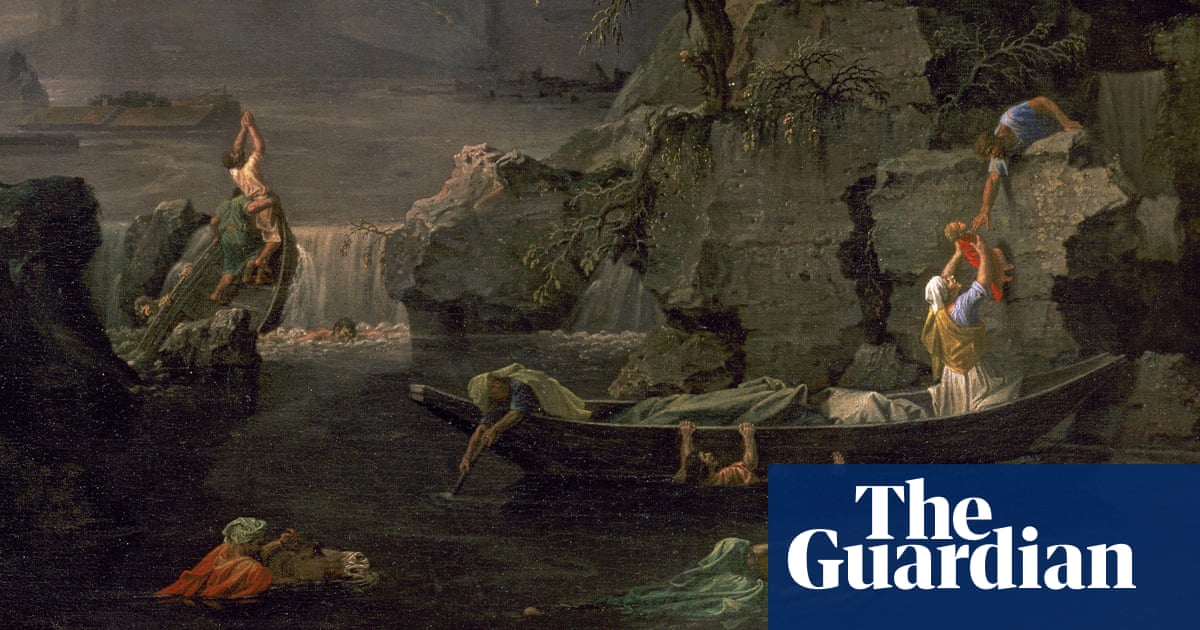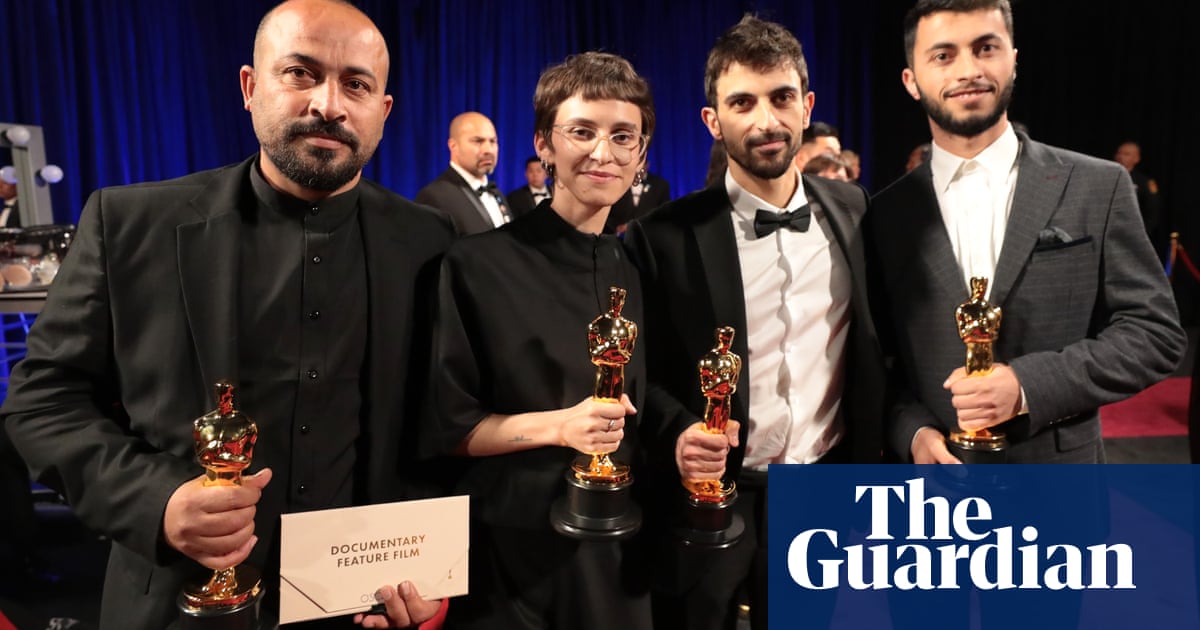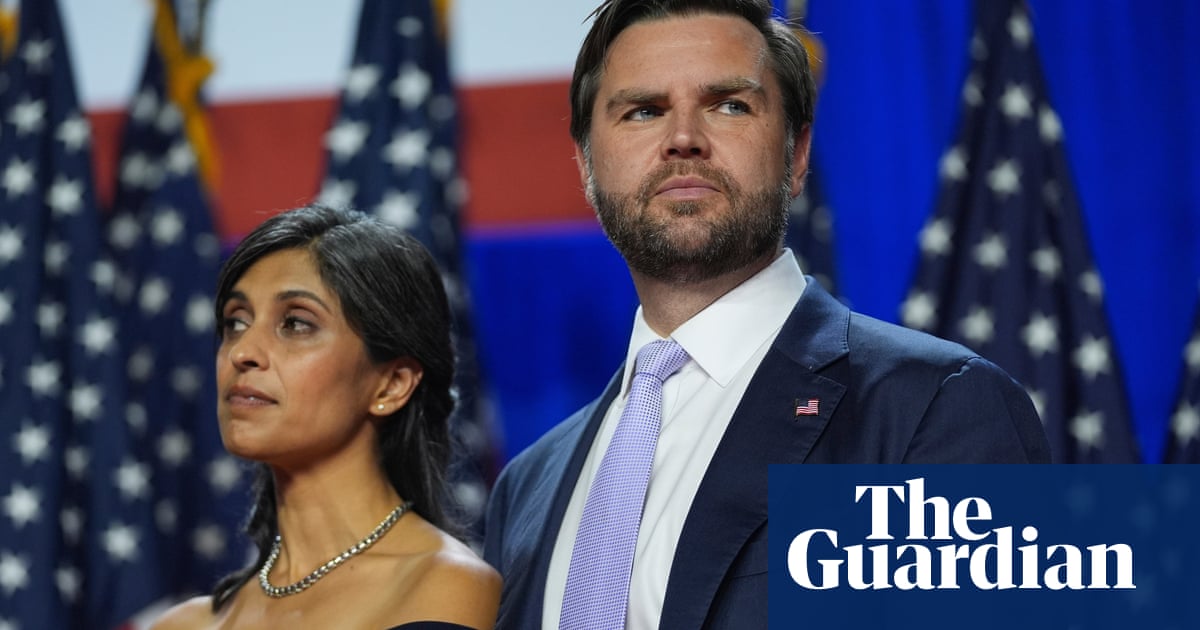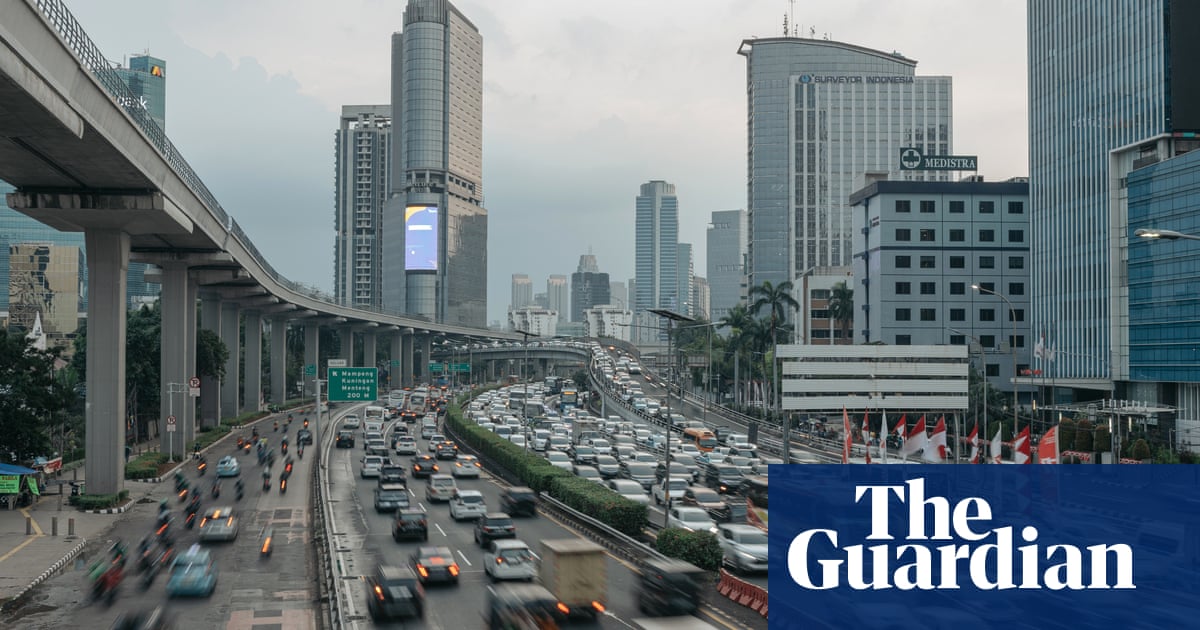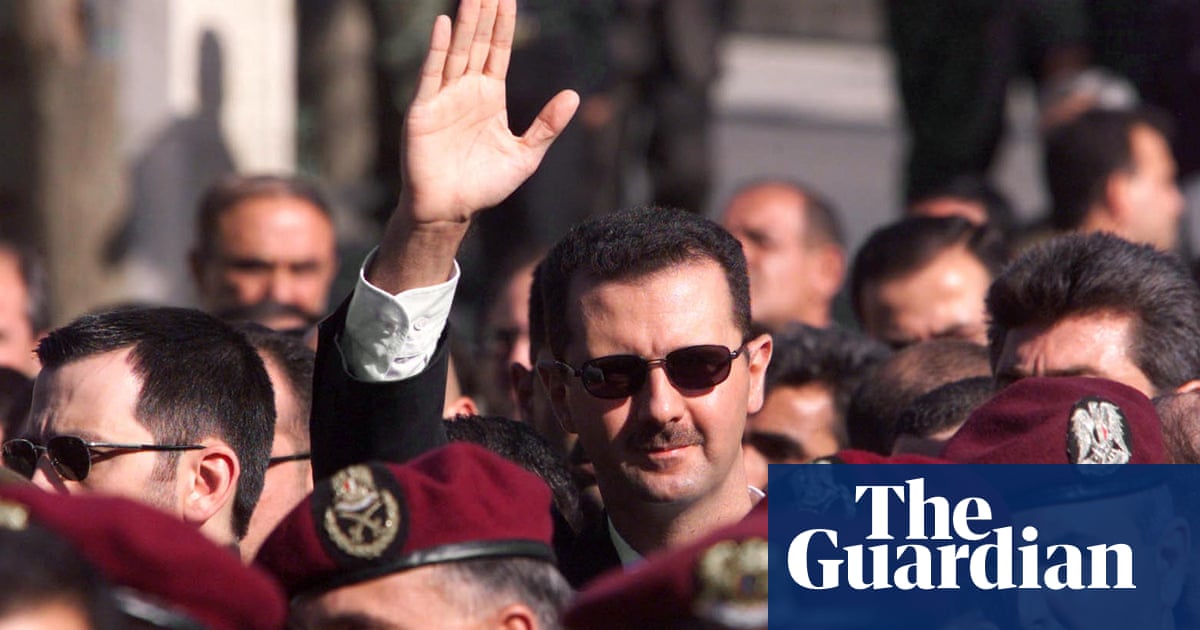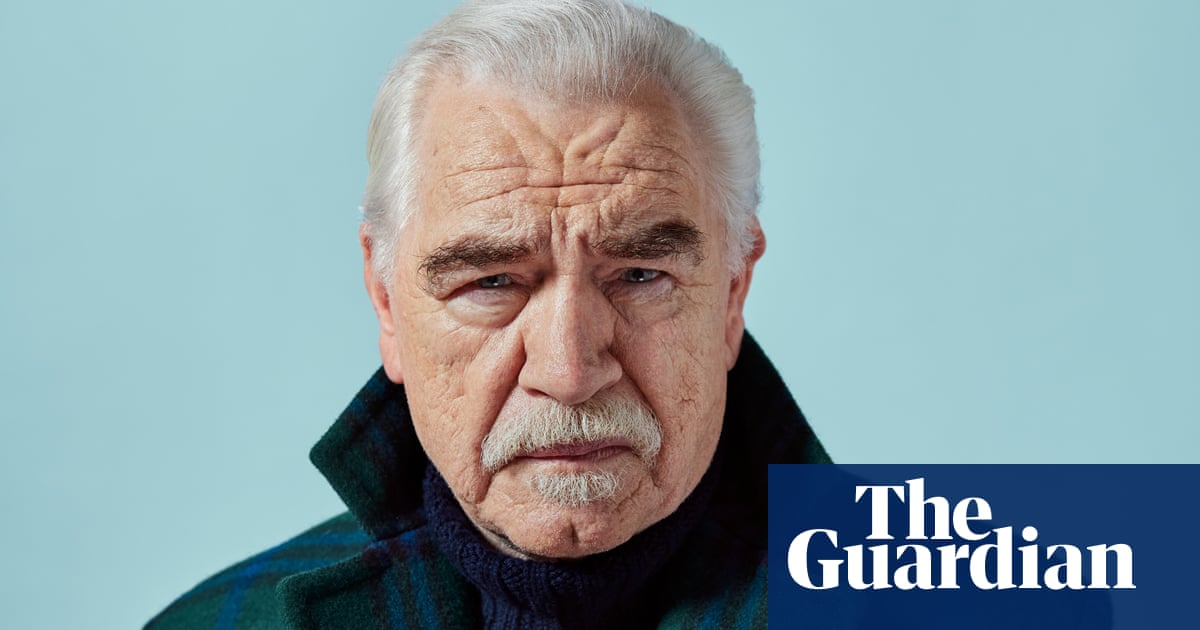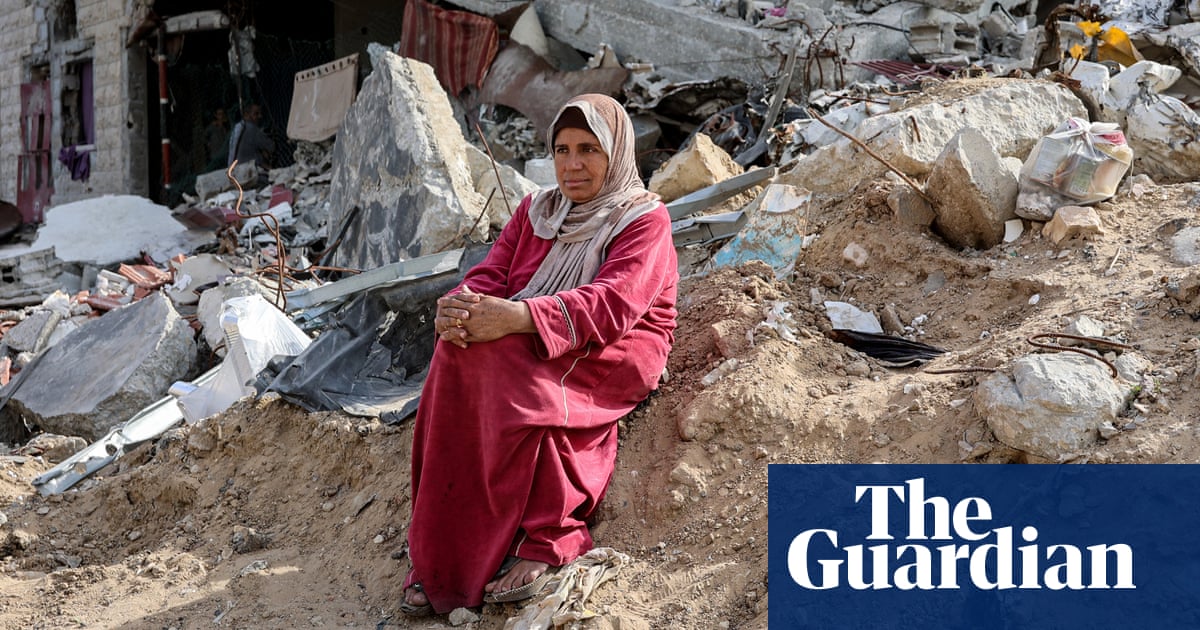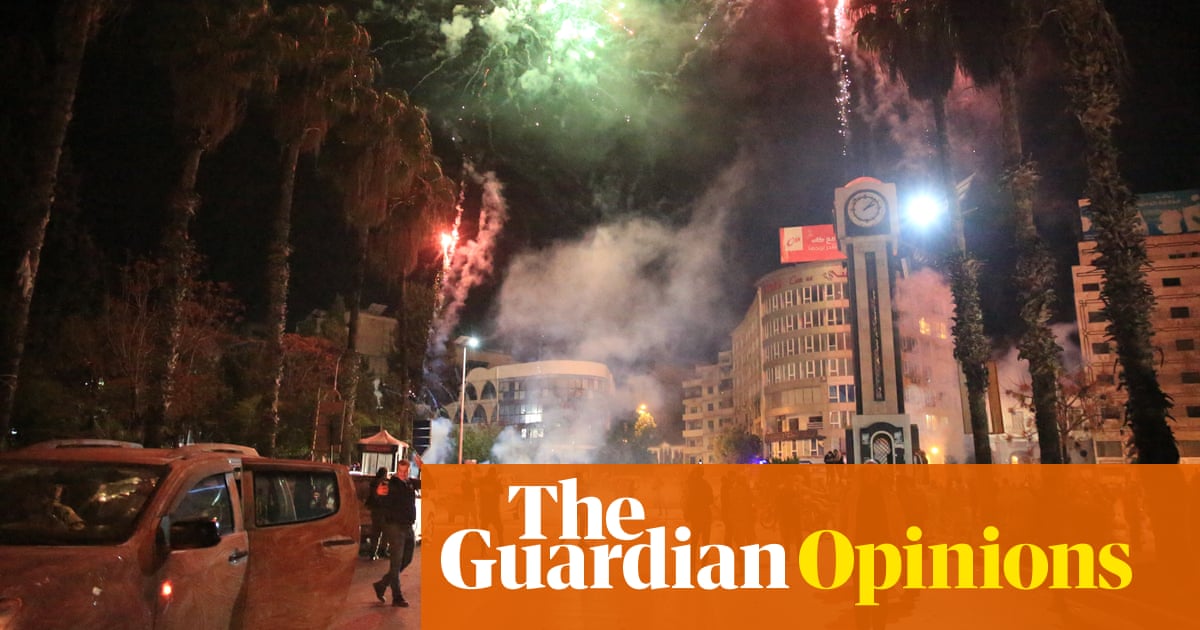My friend called me crying. Homs was liberated, she said. My nerves were about to explode. Liberated, not liberated, liberated, not liberated – the only certainty was that Syrian insurgents had entered the city and taken some of its surrounding countryside.
I have lived in Homs all my life, writing under a pseudonym so that the world would know about the people of the city and their sorrow. I wanted to be our voice. After the siege of Homs from 2011 to 2014, the past decade has brought ever-present violence and frequent blockades of food, fuel and medicine.
So when the rebels took control of Hama, a city to the west of Syria, it was hard to believe – but we knew that Homs would be next. Residents had already begun storing up food before the insurgents arrived, and by 5pm on 7 December, the day they began advancing into Homs, the city was almost empty, its shops closed.
We were worried that the fights we saw in Hama would continue for days, weeks or even months in Homs. The city is composed of different sects – most notably Christian, Sunni and Alawite populations. Relations between these two groups are sensitive. Deep wounds are not forgotten, and are still bleeding. That evening, the news kept rolling: the fighters started at the gates, then entered the city, advancing to al-Waer neighbourhood, then to Khalidiya. With no definitive account of what was happening outside, we depended on the news pages and the activists on Facebook, Telegram and X.
Then, around midnight, the activists confirmed that Homs had been freed. I went to the balcony to be sure. Everything was bathed in darkness, the electricity still off. But people chanted “Allah Akbar” from the neighbouring areas, and we knew the city was liberated. It was truly unbelievable. Homs has suffered enormously in the past 14 years, and now, finally, it is free of Bashar al-Assad and his brutal dictatorship.
The calls started coming in the early hours of dawn from people sending us their blessings and congratulations. People started chanting in the darkened streets, and then the fighters progressed to Damascus. By then, Assad had been whisked to Moscow, where Vladimir Putin has provided him with a safe haven.
The day the fighters entered Homs, people marched to the Clock Square, where 13 years previously, Syrians participated in one of the largest and bloodiest demonstrations against Assad’s malevolent regime. This time, the bullets fired were those of happiness. Men hugged the fighters and women let out zaghareet, high-pitched vocal cries. It was the first time that we had seen armed men and we knew they would not turn their weapons against us.
The next day, the city centre was still full of people celebrating. Cars flooded into Homs as displaced residents, who had been waiting for this moment for years, returned. My friend called from Idlib, telling me she was in the city and that many people from Homs who had been displaced in the north were on their way back.

Every home in Homs has a story of a family member who has disappeared, been displaced or been martyred. Every one of these stories deserves to be told. And now, after all these years, people are experiencing the liberation of Homs. Despite everything – the brutal stories emerging from Sednaya prison, the turbulent situation in Raqqa – the city is in a state of joy. This happiness is not complete, because many of the imprisoned or displaced have not returned. The city is also in a state of waiting, a state of fear. This time, we do not fear being imprisoned, or being disappeared or displaced. We fear what the future may hold, and we hope for the best for all Syrians.
Liberation excavates old wounds. Many people in Homs have family members who were imprisoned in Sednaya, whom they know nothing about. They post photos of their loved ones online while awaiting news. The freed people who have arrived back in the city have brought us news of those who have not returned, who must have been killed. Liberation is not easy. Decades of injustice and oppression can’t be deconstructed overnight. We ordinary folk are the dreamers of liberation – like people who were trapped in chains and have finally broken free.
-
Mona Rafea is the pseudonym of a writer based in Homs. Translated by Ammar Azzouz
Do you have an opinion on the issues raised in this article? If you would like to submit a response of up to 300 words by email to be considered for publication in our letters section, please click here.

 3 months ago
124
3 months ago
124





